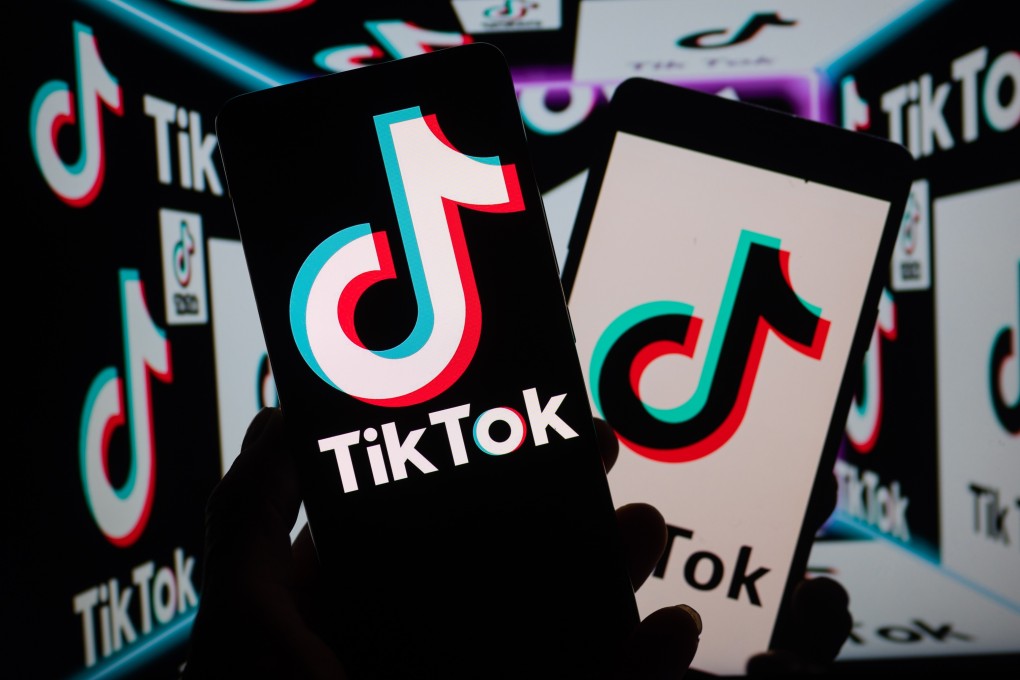Advertisement
ByteDance-owned TikTok said to lay off hundreds of employees globally as a potential US ban looms
- The lay-offs, which were announced internally earlier this week, are expected to affect TikTok’s operations and marketing departments
- The job cuts at TikTok show the lengths being taken by parent ByteDance to restructure its social media business
Reading Time:2 minutes
Why you can trust SCMP

Coco Fengin Beijing
TikTok is cutting hundreds of jobs at its operations and marketing departments, according to two people familiar with the matter, in line with efforts by parent company ByteDance since late 2022 to restructure its businesses.
The lay-offs, which were announced internally earlier this week, are expected to affect an undisclosed portion of the roughly 1,000 jobs globally at those two departments. The number of job cuts would be in the hundreds, with the global user operations team to be disbanded, the people with knowledge of the matter said.
US online tech publication The Information, which first reported the lay-offs on Tuesday, said the job cuts would impact “a large percentage” of TikTok employees. But one of the people said some of the affected employees were given the option to transfer to other teams.
Advertisement
The other person briefed on the matter indicated that job cuts are part of TikTok’s ongoing strategy to streamline its business. Such initiatives are in line with parent ByteDance’s campaign to “cut the fat and get fit”, said chief executive Liang Rubo at a staff meeting in December 2022.
TikTok, which has dual headquarters in Singapore and Los Angeles, did not immediately respond to an inquiry on Wednesday.

The lay-offs at TikTok show the lengths being taken by parent ByteDance to restructure its social media operations, even as the Beijing-based tech unicorn continues to attract and retain talent.
Advertisement
Advertisement
Select Voice
Choose your listening speed
Get through articles 2x faster
1.25x
250 WPM
Slow
Average
Fast
1.25x